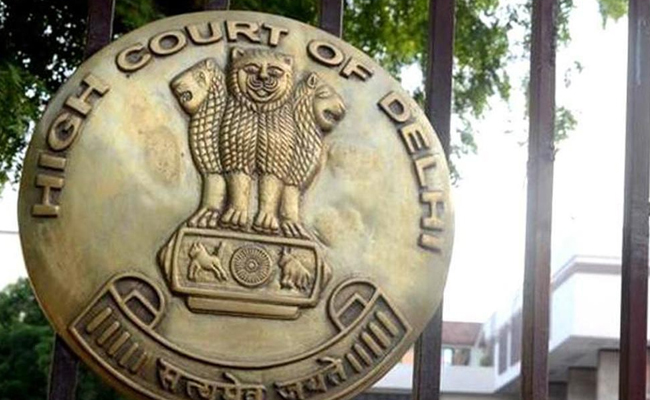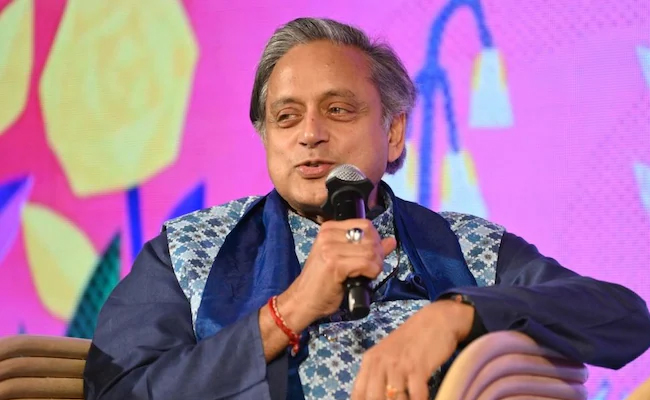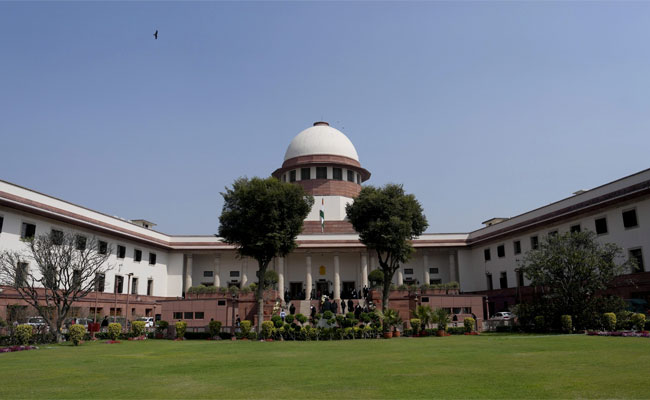New Delhi: A pro-Palestinian hacktivist group, "SN_BlackMeta," has claimed responsibility for a significant cyberattack on the Internet Archive, resulting in the exposure of personal data for 31 million users. The breach compromised email addresses, usernames, and encrypted passwords, raising serious concerns about the security and data privacy of the digital library, widely known for its Wayback Machine.
The attack, discovered on October 9, exploited a vulnerability in a JavaScript (JS) library on the Internet Archive's website. A pop-up message appeared, notifying users of the breach, stating, "Have you ever felt like the Internet Archive runs on sticks and is constantly on the verge of suffering a catastrophic security breach? It just happened. See 31 million of you on HIBP!" The message referred to the service "Have I Been Pwned?" (HIBP), which helps users check if their data has been compromised.
Cybersecurity experts confirmed that the 6.4 GB database, shared by the attackers, contained email addresses, usernames, and passwords for millions of users. Troy Hunt, founder of HIBP, stated that over half of the compromised email addresses had already appeared in previous data breaches.
Brewster Kahle, the founder of the Internet Archive, acknowledged the breach and ongoing Distributed Denial-of-Service (DDoS) attacks that disrupted the platform. In a post on X (formerly Twitter), Kahle explained the steps taken, including disabling the compromised JS library and upgrading security protocols. He noted, "DDOS attack fended off for now; defacement of our website via JS library; breach of usernames/email/salted-encrypted passwords. We are scrubbing systems and enhancing security."
Despite efforts to restore service, the Internet Archive's website, including its popular Wayback Machine, has experienced intermittent outages. The organisation continues to address the fallout from the attack while reinforcing its systems.
The hacker group "SN_BlackMeta," linked to previous cyberattacks on Middle Eastern financial institutions, took credit for both the data breach and the DDoS attacks. In an X post, the group claimed their attack was motivated by pro-Palestinian sentiments, alleging that the Internet Archive, though not a U.S. government entity, is tied to American support for Israel. However, a community note on the post clarified that the Internet Archive is a nonprofit organisation that hosts extensive resources on Palestine.
Let the Truth be known. If you read VB and like VB, please be a VB Supporter and Help us deliver the Truth to one and all.
New Delhi (PTI): The Delhi High Court on Friday asked Jaideep Sengar, brother of Unnao rape case convict Kuldeep Sengar, to surrender before jail authorities in connection with his conviction in the custodial death case of the survivor's father.
A bench of Justices Navin Chawla and Ravinder Dudeja was hearing a plea by the convict for further extension of interim bail upon suspension of the 10-year sentence.
It observed that the interim bail granted to Jaideep Sengar in July 2024 was last extended in April 2025 and since then, in spite of five dates, no order of any further extension or suspension of his sentence has been passed by the court.
As the senior counsel for Jaideep Sengar urged the bench to extend the period of his release on account of his health, the bench said, "You surrender and then we will see."
"Although there is no extension of interim suspension of sentence granted, we find he has still not surrendered. Before we proceed to consider his application for further extension of suspension of sentence, we require the appellant to first surrender," the bench ordered.
The senior counsel for Jaideep Sengar assured the court that he would surrender by Saturday.
The court listed the matter for hearing next week.
Jaideep Sengar, 50, sought the bail extension on the grounds that he is suffering from oral cancer.
The Central Bureau of Investigation's (CBI) counsel had earlier said it was not a fit case for extension of interim bail, and the prescription given by Jaideep Sengar in support of his plea was fabricated.
In his application, Jaideep Sengar said he was suffering from stage IV oral cancer, a life-threatening condition, and had developed clinical signs of recurrence.
The condition, the plea said, required continuous and specialised medical care.
The plea also informed that Jaideep Sengar has spent about four years in custody.
The high court had granted interim bail to Jaideep Sengar on July 3, 2024, for two months on medical grounds.
Kuldeep Sengar was convicted and sentenced to imprisonment for the remainder of his life on December 20, 2019, for raping the minor in 2017.
On March 13, 2020, Kuldeep Sengar, along with Jaideep Sengar, was sentenced to 10 years' rigorous imprisonment by the trial court, which also imposed a fine of Rs 10 lakh, in the custodial death case of the rape survivor's father.
The survivor's father was arrested, allegedly at the behest of the accused, under the Arms Act and died in custody on April 9, 2018, owing to police brutality.
The trial court said no leniency could be shown for killing a family's sole breadwinner.





